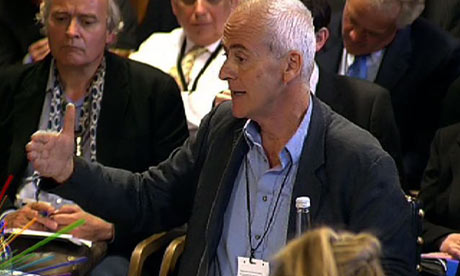There is good piece by Brian Cathcart on the Index on Censorship site, in which he predicts that Dominic Grieve’s prosecution of the Sun and the Mirror over their coverage of the arrest of Chris Jefferies may make editors think twice about casually flouting contempt of court laws.
The Contempt of Court Act of 1981 prohibits all but the most straightforward reporting in a crime case from the moment “proceedings are active”, in other words once someone is arrested. The idea is to ensure that coverage does not interfere with the course of justice, for instance by prejudicing the eventual jury. But for years, when a big, competitive story came along, many editors and reporters in national media simply ignored the Act and continued to publish often grotesque allegations about a suspect after arrest and even sometimes after they were charged. Think Colin Stagg, Barry George,Karen Matthews and others — and Stagg and George were later shown to be innocent.
That may be about to change thanks to the actions of the attorney-general, Dominic Grieve. Not normally a man to cut the figure of a hero — a lean, bookish type, he was last seen filibustering awkwardly in the Commons when the government was under pressure over its links with the Murdochs — Grieve has done something genuinely brave. He has prosecuted the Daily Mirror and the Sun for contempt of court in the Chris Jefferies case, and he has won.
